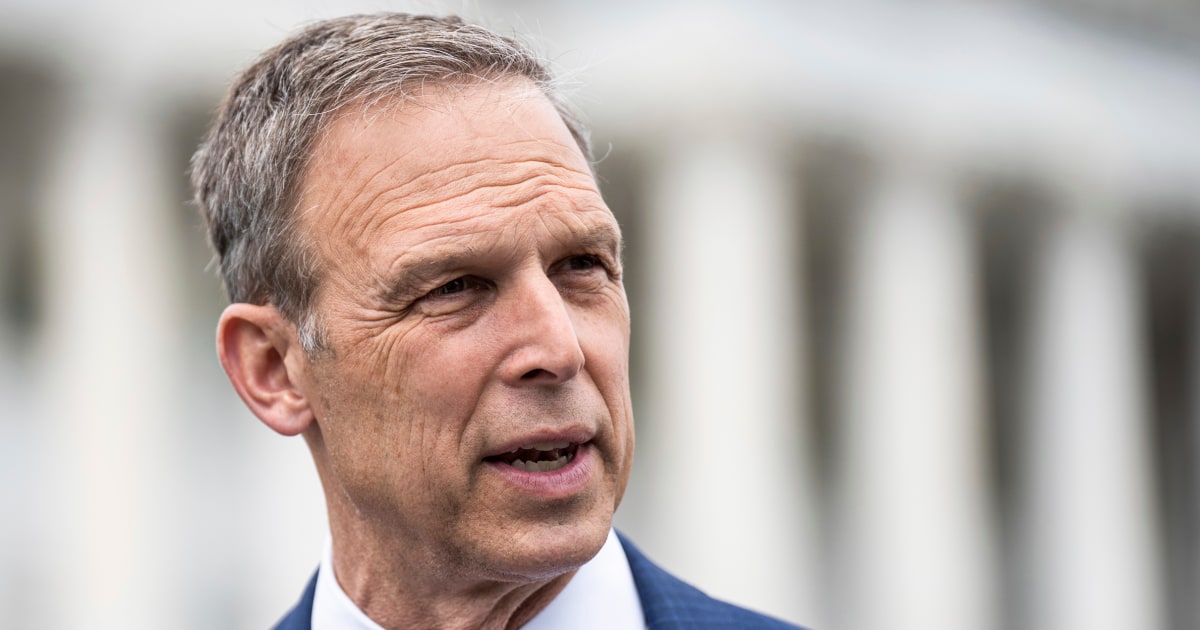WASHINGTON — Rep. Scott Perry, R-Pa., must disclose 1,659 documents to government investigators, a federal judge ruled Tuesday, finding that the communication records were not protected by the speech or debate clause of the Constitution.
The court order is the latest twist in a Jan. 6-related investigation that has made its way through courts for months and entangled the Trump ally.
The FBI seized Perry’s phone in 2022 — before Jack Smith was appointed special counsel — as part of a federal investigation into efforts to interfere with the certification of the 2020 election. Investigators sought a second warrant to access Perry’s data but had to wait as Perry asserted speech or debate protection over 2,219 records.
Perry had said that he was “outraged” by the move and asked for the cellphone data to be returned.
A federal judge previously ruled that the majority of those records were not protected, and ordered Perry to disclose them. The Pennsylvania Republican appealed that decision.
The appeals court largely upheld the judge’s order but ruled that speech or debate protection could apply in some circumstances that the lower court had rejected, requiring a re-review of the records from the district court.
In his ruling Tuesday, Chief Judge James Boasberg said that 396 of Perry’s records are protected by the speech or debate clause. The remaining records, which include messages about alleged election fraud and the role of the vice president in certifying the electoral vote count, must be turned over, the judge said.
“Having now analyzed each of the 2,055 documents still at issue, the Court will order Perry to disclose 1,659 of them, but not the 396 others,” Boasberg wrote in the 12-page filing.
The court filing alleges that Perry used his cellphone in communications that the government believes could be relevant to its investigation into the Jan. 6 Capitol attack.
The congressman had previously argued that the Constitution’s speech or debate clause protected him from the government searching his communications — an argument mostly rejected in the latest court filing. The clause is intended to protect a member’s speech in legislative session, and has been construed to protect speech beyond the session as well, according to Tuesday’s filing.
Perry has come under fire for his alleged actions after the 2020 presidential election. The Jan. 6 committee in the House previously obtained some of his text messages in which he asked former White House chief of staff Mark Meadows about a conspiracy theory related to the 2020 election.
A lawyer for Perry said in a statement Wednesday that the congressman had an “obligation” to investigate “seemingly credible” information about “discrepancies” in the 2020 election.
“We are reviewing how the district court applied the standards required by the DC Circuit and will decide whether to seek further judicial review,” said the lawyer, John Rowley III.












